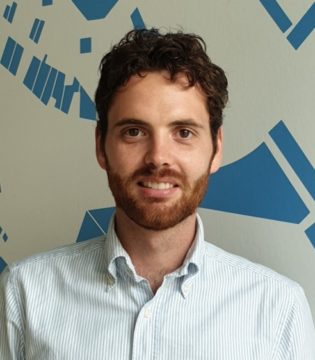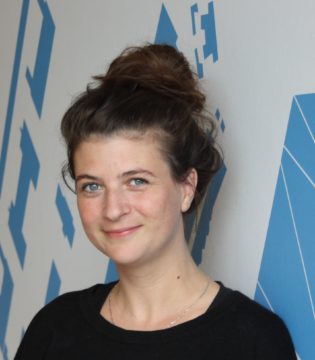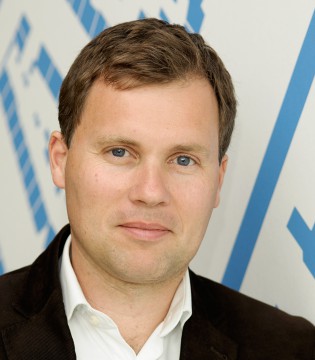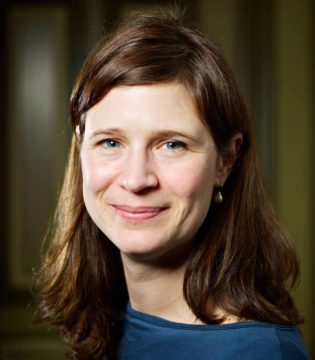The European Alternative Finance Research Conference took place on the 15th of October which was already the 3rd edition of this conference. It convened around 70 researchers, practitioners and policy makers at the Utrecht University who occupied all available seats at the conference venue. That speaks for a growing network around the European Centre for Alternative Finance (ECAF) that addresses relevant topics around access to finance for SMEs the past couple of years.
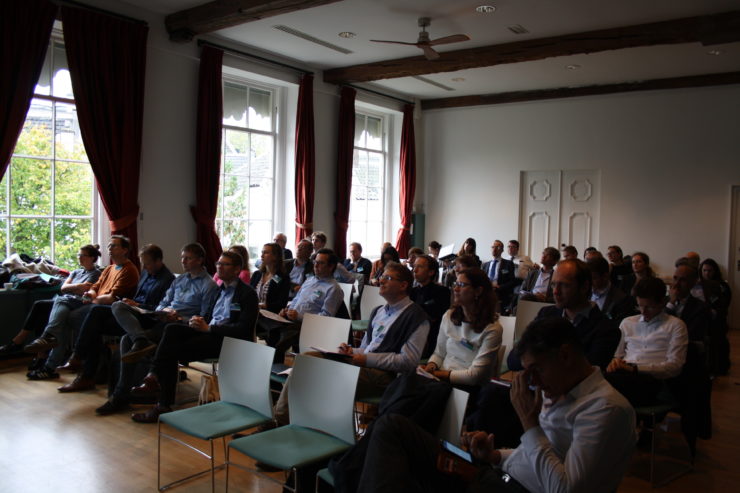
The keynotes: Equity crowdfunding and alternative finance market development
Our keynote speaker was Armin Schwienbacher from the SKEMA Business School who talked about the topic “Equity Crowdfunding – anything to celebrate? He highlighted the rapid growth of the industry using the French market as an example. While equity crowdfunding has matured, still many challenges (such as the need for a working secondary market) needs to be addressed and platforms need to adjust their business model to remain competitive.
In the afternoon, Tania Ziegler (Cambridge Centre for Alternative Finance, UK) and Rotem Shneor (Agder University, Norway) gave an insight into their work on the alternative finance benchmark report, especially the challenges of collecting and harmonizing the data. Soon this work will be publicly available on a Worldbank website.
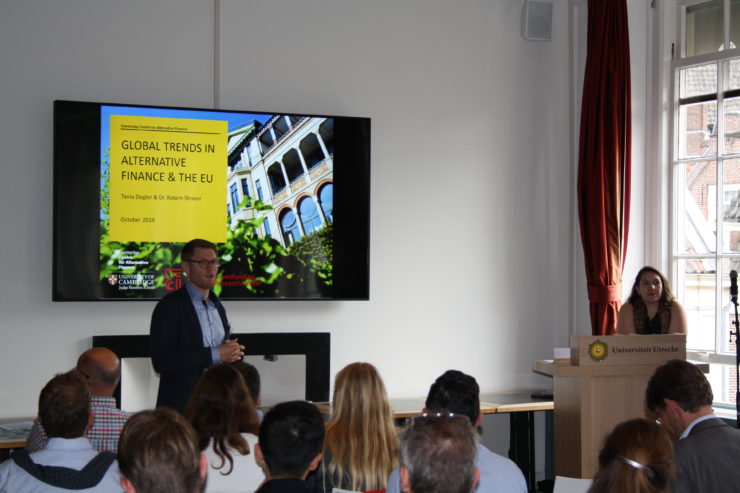
Capital raising in ICOs and crowdfunding for creative entrepreneurs
During the individual conference sessions with several different topics took place. In the initial coin offering (ICO) session, participants discussed potential fraud trough this new form of SME financing, as products and services advertised are very uncertain. In parallel participants discussed the success factors of using alternative finance in the cultural and creative sector. Crowdfunding emerged from this sector but the discussion in the past has focused on investment-based crowdfunding in other sectors instead. Scholars however demonstrated that this topic is still relevant.
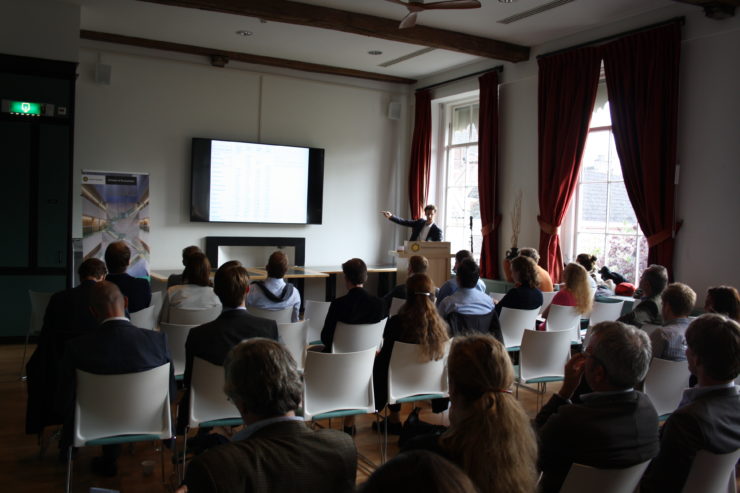
Crowdfunding institutions and market development
Crowdfunding and alternative finance more broadly do not work without a conducive regulatory and institutional framework, which was discussed in another individual session. A harmonized crowdfunding regulation is underway at the European Union. Another important question was related to the growth potential of the alternative finance market. Scholars demonstrated a forecast model for the UK, one of the most developed markets.
Funding dynamics and relationships with traditional financiers
What is actually happening on crowdfunding platforms? This and related questions were discussed in-depth at an individual session on funding dynamics. Prior investments, other investors and the communication with the fundraiser influence our decision to invest.
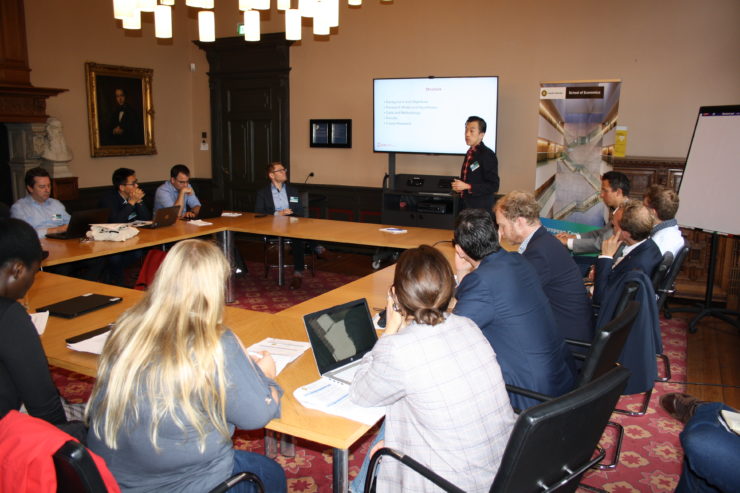
Finally alternative finance companies do not operate in the void. They cooperate with existing firm thereby enabling the usage of new types of infrastructure such as Blockchain.
Forging relationships
The unique set-up of the conference, including policy makers e.g. from the European Commission as well as practioners from European organisations enabled fruitful discussion and the development of new relevant research questions and interesting connections.
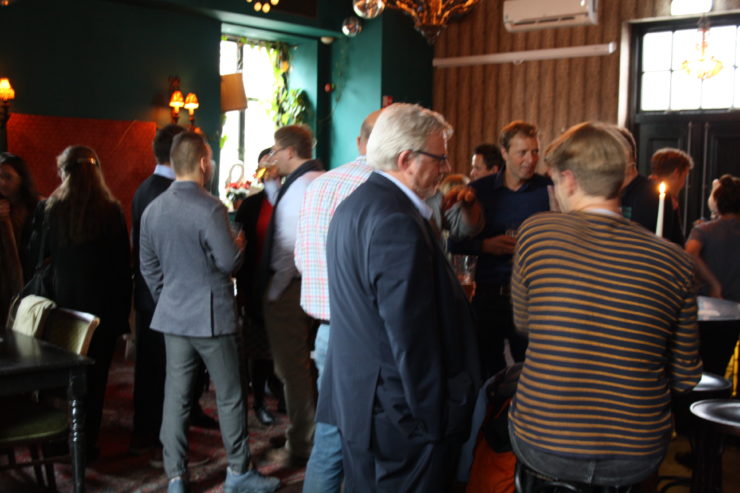
The Sustainable Finance Lab (SFL) is co-founder of the European Centre for Alternative Finance (ECAF).



